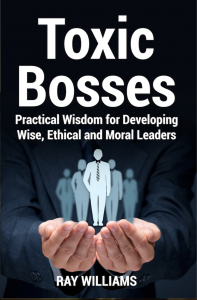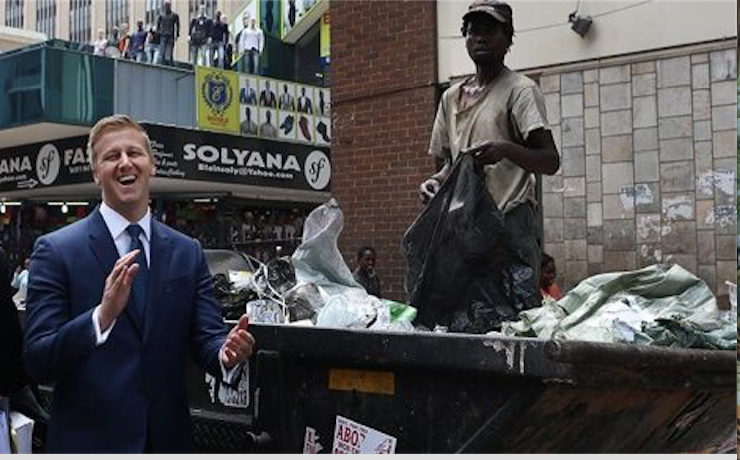By Ray Williams
May 15, 2021

We know that possessing certain personal traits can help people do better in life – by knuckling down, making the right connections or having the best ideas. A study goes further and asks whether a person’s traits and their background interact, with personal qualities being more important for people of lower socio-economic status. If true, this would provide intellectual support for the “American Dream” – being smart or diligent might make some difference for the rich, but for the poor, it would make all the difference.
Psychologist Rodica Ioana Damian and her colleagues analyzed a gargantuan US survey initiated in 1960 and involving data on 81,000 students – their high school personality and cognitive ability scores, parents’ socio-economic status, and various life outcomes eleven years on. Where personality aided life outcomes, was it more useful to children from poorer families? Their findings were published in the Journal of Personality and Social Psychology.
At first blush, the data suggested it did. For example, highly agreeable (compared to highly disagreeable) students from very wealthy families stick with education for a further four months, on average, compared to an extra twelve months if they are from the poorest families. Similarly, all extraverts go on to more prestigious jobs, but the advantage to the poorest pushes them an average additional nine points up the job prestige scale (to make this concrete, nine points takes you from a mail handling role to a retail sales position).
But all these effects were found without taking into account an elephant in the room: intelligence. When this was controlled for, almost all of these personality compensation effects melt away – the exception is that conscientiousness is still more useful to those from poorer backgrounds when it comes to gaining a higher income. So it seems personality does influence life outcomes, but mostly it doesn’t especially benefit the poor once the influence of intelligence is taken into account. It’s also worth noting that the benefit of affluent socio-economic status dwarfs the benefit of being highly conscientious or extraverted, so a poor kid with “the right stuff” is unlikely to outperform rich kids with less impressive personal qualities.
What about that elephant? In this dataset, as with many past studies, intelligence has big benefits for life outcomes. And its impact differed due to socioeconomic class … but not in favor of the poor. A very poor child who is also very smart is likely to stay nearly 30 months longer in education than his or her low IQ peers. But for a rich child, they’ll stay 40 months longer. Wealthier families also see their intelligent kids entering more easily into prestigious jobs than their poor high-IQ peers.
This kind of finding is called, after the gospel author, a Matthew Effect: “the rich get richer”. One way to interpret this is that leveraging a child’s brightness in fields of higher education or societal prestige requires other assets out of reach of poor families, such as a college fund or knowing the right connections.
This isn’t new data – over 40 years old – so circumstances may have changed that remodel the interaction between personal qualities and background. But its comprehensive approach strongly suggests that in 21th Century America, people on the bottom rungs of society could only compensate for their lot on the basis of intelligence – and even there, their richer counterparts are often going to find that easier. Diligence, effort, and can-do may be prized components of the American ethos, but when they come up against class, they just can’t compensate.
Read new book, available on Amazon:Toxic Bosses: Practical Wisdom for Developing Wise, Moral and Ethical Leaders, where I examine in detail the impact that toxic bosses have on employee well-being.


